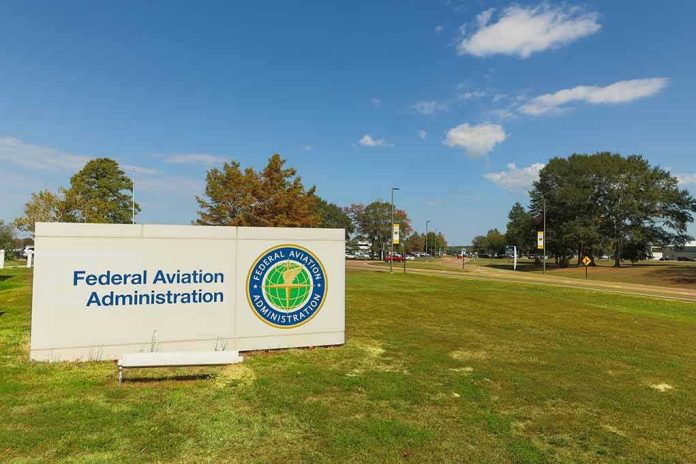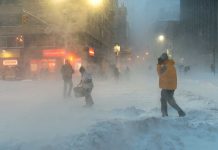
America’s airspace—the invisible web that keeps millions safely aloft—just got a little more dangerous, and the reason is as blunt as it is unsettling: the voices guiding those planes haven’t been paid.
Story Snapshot
- Air traffic controllers missed their first paycheck due to the government shutdown
- The National Air Traffic Controllers Association warns the system is now less safe
- Controllers continue to work, but stress and uncertainty threaten focus and performance
- Ripple effects could challenge public perception of air travel safety
Paychecks Vanish, Stress Rises: The Human Cost Behind the Radar
Controllers in towers and centers across the nation reported for duty as usual, but the familiar direct deposit notification never arrived. Pay was withheld as a direct result of the government shutdown, forcing professionals responsible for preventing mid-air collisions and guiding aircraft to safe landings to worry about their own mortgages and grocery bills. When a job demands relentless focus, any outside stressor is a threat to performance—and now, thousands of controllers face just that.
The National Air Traffic Controllers Association did not mince words: the system is less safe. They issued a warning that diminished morale and distraction could degrade the razor-sharp attention required for the job. Unlike other federal employees, controllers cannot simply walk off the job in protest—by law, their stations must remain manned, even as uncertainty gnaws at their concentration. Their professionalism keeps the wheels turning, but every missed paycheck chips away at the system’s resilience.
The Domino Effect: Safety and Public Perception at Stake
Controllers’ warnings aren’t theoretical. They come from decades of experience in a profession where one lapse can have dire consequences. The Association’s statement that “the system is less safe” is a direct challenge to policymakers, placing the burden of risk squarely at the feet of those who engineered the shutdown. Travelers, meanwhile, may find their confidence shaken. Confidence in air safety is a fragile commodity, built over years but eroded quickly when headlines raise doubts.
Controllers often work overtime, swapping shifts and skipping breaks to cover for shortages. With pay withheld, there’s little incentive for such sacrifices. Over time, this could lead to slower response times, longer delays, and increased risk. The system’s legendary safety record is maintained by human vigilance, not luck.
Conservative Values and Common Sense: Who Bears Responsibility?
The argument from the controllers’ union resonates with a perspective rooted in responsibility—if government refuses to honor its commitments to those entrusted with public safety, it is not just a labor issue, but a test of national priorities. American conservative values emphasize accountability and the sanctity of contracts. When those in charge withhold pay from critical workers, it undermines both trust in government and faith in the system itself.
Common sense dictates that those responsible for the lives of millions should be shielded from unnecessary hardship. The current situation asks them to work under duress, a gamble with consequences far beyond individual paychecks. The longer the shutdown drags on, the greater the risk to both safety and reputation.
Pressure Mounts: What Happens If the Shutdown Continues?
Controllers are trained to manage chaos, but not to shoulder financial uncertainty indefinitely. If the shutdown stretches on, the dangers multiply. Talent may leave for private industry, attrition could thin the ranks, and fatigue could erode the legendary composure that keeps planes and passengers safe. Lawmakers face a stark choice: resolve the impasse or risk a slow unraveling of the world’s most complex—and, until now, most reliable—air traffic system.
For now, the voices in the towers will keep working, even as their faith in the system is tested. The next time you hear a pilot’s thanks for a safe landing, remember the professionals behind the scenes—unpaid, but still holding the line.
Sources:
Flight Delays Mount as Government Shutdown Leaves Air Traffic Controllers Working Without Pay



